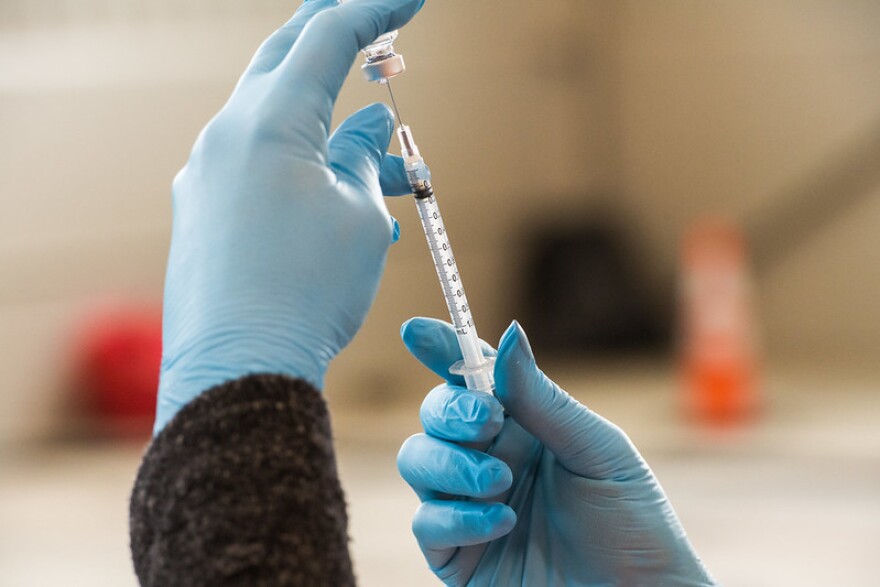COVID-19 vaccines have proved effective in Connecticut nursing homes, according to new data from what is reportedly the first study to look at how vaccines work specifically in nursing homes.
Nursing homes have been the epicenters of many COVID-19 outbreaks in the past year. Yale School of Public Health Professor Sunil Parikh said nursing home deaths make up a huge chunk — sometimes a majority — of all deaths from COVID-19 in some states.
“Residents in these facilities are typically obviously elderly, but in addition to that have comorbidities or other underlying medical conditions that put them at particular risk,” Parikh said.
Initial data for vaccines was promising. But public health officials know from experience — vaccines can show promise in trials, then disappoint in real-world settings like nursing homes.
“That’s due to a lot of things. The waning immunity or loss of immunity that’s seen with aging, and just the kind of congregate settings that put these folks at high risk,” Parikh said.
Researchers from the state of Connecticut and the Yale School of Public Health looked at two nursing homes facing COVID-19 outbreaks.
“What we were really pleased to see is that after the first vaccine dose, we saw a protection of around 63%, which is very similar to what we’ve seen in larger well-controlled vaccine efficacy studies,” Parikh said.
That is a good sign that vaccines are working in one of the most vulnerable populations. But their study only covered the first dose. Parikh said now researchers are watching to make sure nursing home residents get the same high protection rates after their second dose has taken effect.
Copyright 2021 WSHU




